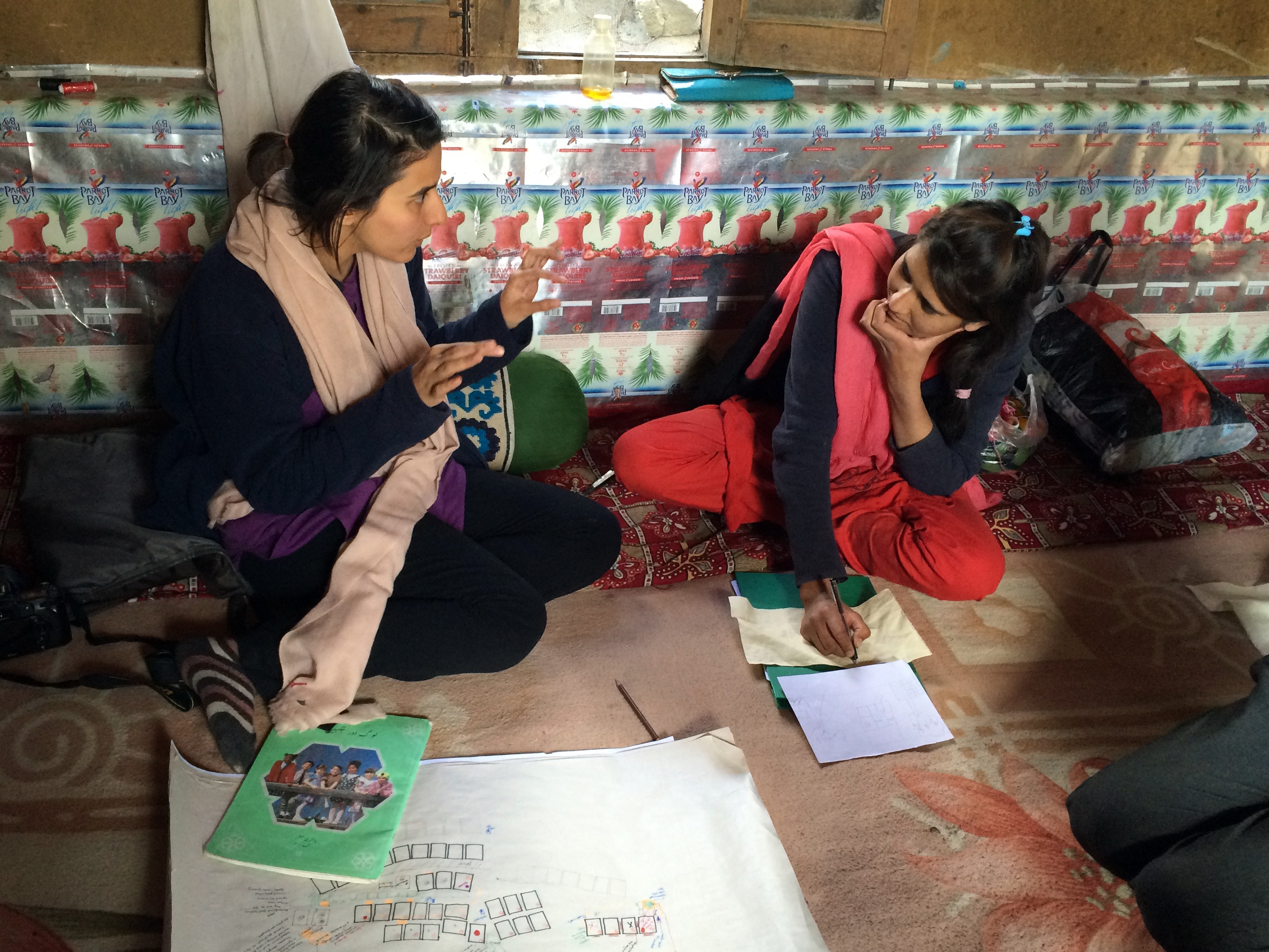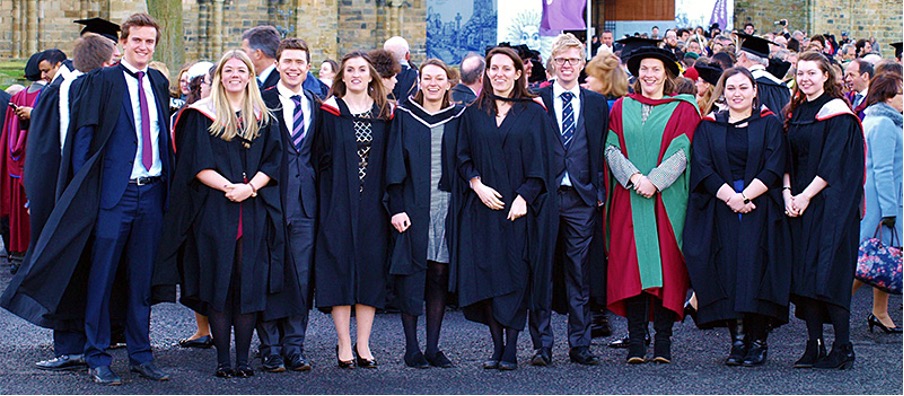KANG-GLAC
The Greenland Ice Sheet is decaying at an accelerating rate in response to climate change. Warm ocean waters moving through the fjords eventually meet the faces of marine-terminating glaciers, increasing melting and iceberg calving. In turn, these freshwater inputs are altering ocean circulation and ecosystems in coastal areas around Greenland but also farther afield in the North Atlantic with the potential to affect UK weather systems. It is now imperative to understand how ice-sheet decay will progress as our climate warms, as well as the knock-on effects on ocean circulation and marine productivity.
One way to determine which ice-ocean-marine ecosystem scenarios are analogues for future warming projections is to extend the record of modern observations back over the last 11,700 years of the Holocene using proxies from marine sediment cores. A few records of 20th Century iceberg calving and warm water encroachment exist around Greenland but there are no comprehensive, coupled records of past glacier change, ocean warming and marine productivity for earlier periods. Kang-Glac is a 3.5 year project, co-led by Professor Colm O’Cofaigh, that will generate these long-term records for the Holocene era for a key location in SE Greenland (Kangerlussuaq Fjord) calibrated by observations of the present-day system over three annual cycles. We will then use numerical modelling constrained by our new data to test how the Greenland Ice Sheet responded to climatic warming during the Holocene, particularly during the Holocene Thermal Maximum when summer temperatures were analogous to those predicted for 2100.
The project will acquire a full suite of oceanographic, biological and geological observations during a 6-week multidisciplinary cruise to SE Greenland on the UK’s new polar research vessel, the RRS Sir David Attenborough, making full use of its state-of-the-art capabilities as a logistical platform. The project will use cruise datasets to determine modern interactions between warm water inflows and glacial meltwater outflows, and to quantify marine productivity, sedimentation and nutrient cycling. At the same time, the project will collect long and short marine-sediment cores and terrestrial rock samples to constrain past changes in glacier dynamics and derive coupled proxy records of ocean temperatures and carbon burial and storage. To do this, the project team will calibrate the sediment-core signals with modern observations using an anchored mooring and repeat observations.
Find out more about the project in these two YouTube videos: KANG-GLAC: the race to understand Greenland's melting glaciers | British Antarctic Survey and KANG-GLAC Cruise to SE Greenland, July-August 2024.
Holly Jenkins (one of our current PhD students) wrote this piece for the Durham Student Blog about her involvement in the project: The Kang-Glac project – The Durham Student.
Staff links:
.jpg)
.jpg)
Impacting the World
Our research across human and physical geography addresses pressing global challenges through projects focused on delivering social and environmental benefits.
Virtual Library
Much of our research takes final form in high-impact articles or books. But a considerable amount of our activity takes place in other mediums.
Postgraduate Study
Postgraduate study at Durham helps you to develop a range of high-level research, analytic, and communication skills that are transferable to multiple career paths. Our postgraduates are highly valued employees in government, third sector and private agencies, as well as academia.
Contact Us
Founded in 1928, the Department of Geography at Durham University is one of the leading centres of geographical research and education in the world.
Department of Geography
Postgraduate Study
Durham University
Lower Mountjoy
South Road, Durham
DH1 3LE, UK
Tel: +44 (0)191 33418000


/prod01/prodbucket01/media/durham-university/departments-/geography/Matt_Couchmann-3872X1296.JPG)

.png)



